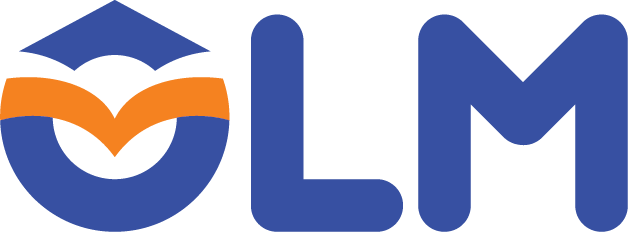Hãy nhập câu hỏi của bạn vào đây, nếu là tài khoản VIP, bạn sẽ được ưu tiên trả lời.

Đáp án C
Tạm dịch: Không ai ngoài các chuyên gia có thể nhận ra rằng bức tranh là một sự bắt chước. Nó rất giống với bản gốc.
A. Thật khó cho những người bình thường để đánh giá giữa bức tranh giả và thật, nhưng không phải với các chuyên gia.
B. Những người nghiệp dư hầu như không thể nhận ra rằng bức tranh không phải là thật, mặc dù các chuyên gia có thể đánh giá nó khá dễ dàng.
C. Bức tranh trông rất giống với tranh thật đến mức chỉ có các chuyên gia mới có thể nhận ra nó không phải thật.
D. Rõ ràng rằng chỉ có người với tài năng lớn mới có thể giả mạo một bức tranh thành công đến vậy.

Đáp án C
Tạm dịch: Không ai ngoài các chuyên gia có thể nhận ra rằng bức tranh là một sự bắt chước. Nó rất giống với bản gốc.
A. Thật khó cho những người bình thường để đánh giá giữa bức tranh giả và thật, nhưng không phải với các chuyên gia.
B. Những người nghiệp dư hầu như không thể nhận ra rằng bức tranh không phải là thật, mặc dù các chuyên gia có thể đánh giá nó khá dễ dàng.
C. Bức tranh trông rất giống với tranh thật đến mức chỉ có các chuyên gia mới có thể nhận ra nó không phải thật.
D. Rõ ràng rằng chỉ có người với tài năng lớn mới có thể giả mạo một bức tranh thành công đến vậy.

Đáp án A
Dịch nghĩa: Không ai ngoại trừ chuyên gia có thể nhận ra bức tranh bị giả mạo. Nó thực sự giống bản gốc
A. Thật khó để người bình thường có thể đánh giá bản gốc và bản nhái, chứ không phải chuyên gia
B. Dĩ nhiên là chỉ người có tài năng mới có thể giả mạo bức tranh thành công như thế này
C. Dường như là không thể để người nghiệp dư nhận ra đây là bức tranh giả mạo, cho dù chuyên gia có thể đánh giá nó một cách khá dễ dàng
D. Bức tranh nhìn rất giống bản gốc mà chỉ có chuyên gia mới có thể nói rằng nó không phải làthật

Đáp án C